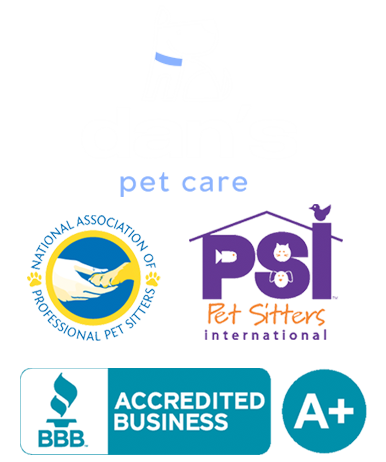If you're a cat parent with a green thumb, creating a pet-safe indoor or outdoor garden is a must. Many common houseplants and garden varieties can be toxic to cats, causing anything from mild digestive upset to severe poisoning. But there are plenty of beautiful, easy-to-grow plants that are completely safe for your feline friend.
In this guide, we’ll introduce you to the top five cat-friendly plants that add life to your home without risking your cat's health. We’ll also highlight some of the most dangerous plants you should avoid and offer practical tips for creating a cat-safe plant environment.
Why Pet-Safe Plants Matter
Cats are naturally curious and love to nibble on greenery, especially indoor and garden plants. Unfortunately, many plants contain compounds that are toxic to felines. Ingesting even small amounts can cause gastrointestinal upset, neurological issues, or worse. A pet-safe environment gives your cat the freedom to explore and interact with plants without health risks. By choosing non-toxic species and avoiding harmful ones, you create a safe, enriching space that promotes your cat’s mental stimulation and physical well-being.. Unfortunately, many popular plants are harmful to cats. Pet-safe plants help you maintain a healthy, vibrant living space while ensuring your cat’s safety.
Risks of Toxic Plants:
Vomiting and diarrhea
Lethargy or weakness
Drooling or oral irritation
Breathing difficulties
Kidney failure or death (in severe cases)
Choosing safe plants eliminates unnecessary risks and provides peace of mind for every plant-loving cat owner.
Top 5 Cat-Friendly Plants
These five plants are both non-toxic to cats and easy to care for, making them ideal for pet owners who want to green up their homes safely.
1. Spider Plant (Chlorophytum comosum)
Spider plants are among the most popular houseplants, and luckily, they are also completely non-toxic to cats.
Why It's Great:
Hardy and easy to grow indoors
Tolerates a range of lighting conditions
Natural air purifier
Cat Appeal: Some cats enjoy playing with the long, arching leaves. While it’s non-toxic, overindulgence might cause mild digestive upset, so monitor their interactions.
Care Tips:
Indirect sunlight
Water once a week
Trim dead leaves regularly
2. Areca Palm (Dypsis lutescens)
Also known as the butterfly palm, the areca palm adds a tropical feel to your space and is safe for pets.
Why It's Great:
Lush, feathery fronds
Grows tall but can be pruned
Effective at humidifying the air
Cat Appeal: Cats may like to hide behind or bat at the fronds. It’s safe, so you can let them explore without worry.
Care Tips:
Bright, indirect light
Keep soil slightly moist
Mist leaves for added humidity
3. Calathea (Calathea spp.)
Known for its stunning, patterned leaves, Calathea is a pet-safe plant that adds a splash of color to your collection.
Why It's Great:
Striking foliage in various colors and patterns
Moderate size makes it great for tables and shelves
Non-toxic to cats and dogs
Cat Appeal: Its soft leaves and movement in air currents can attract feline attention.
Care Tips:
Low to medium light
High humidity required
Water when the topsoil feels dry
4. Boston Fern (Nephrolepis exaltata)
A classic choice for hanging baskets or floor pots, the Boston fern is a favorite among pet parents.
Why It's Great:
Lush, dense fronds
Natural air purifier
Can thrive in bathrooms or kitchens
Cat Appeal: Cats often enjoy the texture and movement of its leaves. It’s best to hang it out of reach if your cat likes to dig in soil.
Care Tips:
Indirect light
Consistently moist soil
High humidity preferred
5. Cat Grass (Dactylis glomerata or a mix of rye, barley, oat)
Unlike ornamental plants, cat grass is meant to be consumed by your feline friend. It’s a healthy, beneficial snack for indoor cats.
Why It's Great:
Aids in digestion
Helps reduce hairballs
Easy to grow from seed
Cat Appeal: It’s irresistible to most cats and serves as a safe alternative to other household greenery.
Care Tips:
Place in bright light
Water regularly
Replant every few weeks for freshness
Plants to Avoid: Toxic to Cats
While there are many safe options, some common plants should never be kept around cats. Even a small nibble can lead to serious health issues.
1. Lilies (Lilium spp.)
Extremely toxic to cats, even a small amount of pollen or water from a lily vase can be fatal.
Symptoms:
Vomiting
Kidney failure
Death if untreated
Avoid all varieties including Easter lilies, tiger lilies, and daylilies.
2. Aloe Vera
While beneficial to humans, aloe vera is harmful to cats if ingested.
Symptoms:
Vomiting
Diarrhea
Lethargy
Keep aloe plants well out of reach or choose alternatives like haworthia, which looks similar but is non-toxic.
3. Pothos (Epipremnum aureum)
A popular indoor vine, pothos contains insoluble calcium oxalates that irritate the mouth and digestive tract.
Symptoms:
Drooling
Oral pain
Vomiting
Substitute with a non-toxic vine such as Swedish ivy.
4. Sago Palm (Cycas revoluta)
Highly toxic to all pets, the sago palm is often used in landscaping but can be deadly.
Symptoms:
Liver failure
Vomiting
Seizures
Avoid entirely, even for outdoor gardens.
5. Philodendron
Another common houseplant, philodendrons are toxic due to calcium oxalates.
Symptoms:
Oral irritation
Swelling
Difficulty swallowing
Instead, try a prayer plant or spider plant for a similar look.
Creating a Cat-Safe Garden or Home
Now that you know what’s safe and what’s not, you can start creating a green space that both you and your cat can enjoy.
Tips for a Pet-Friendly Plant Space:
Place plants in areas that encourage your cat’s curiosity safely.
Use hanging planters or wall-mounted shelves to keep certain plants out of reach.
Avoid using pesticides or fertilizers that may be harmful to cats.
Rotate cat grass and catnip plants to give your pet ongoing stimulation.
Observe your cat’s behavior and remove any plant they show signs of ingesting repeatedly, even if it’s non-toxic.
Having greenery around benefits your mental health, purifies your air, and brings natural beauty into your home. Just make sure your environment is as healthy for your cat as it is for you.
How Dan’s Pet Care Can Support Safe Pet Environments
At Dan’s Pet Care, we know that your pet’s safety is your top priority. That’s why we offer personalized pet care services across Nassau County to help you maintain a safe, engaging, and pet-friendly home.
Our Services Include:
In-home pet sitting that monitors your cat’s surroundings
Daily check-ins that ensure your cat stays away from toxic plants
Advice and consultation on pet-safe environments
Professional and compassionate care when you’re away
Contact Dan’s Pet Care today to learn how we can help keep your feline friends safe, happy, and healthy at home.





